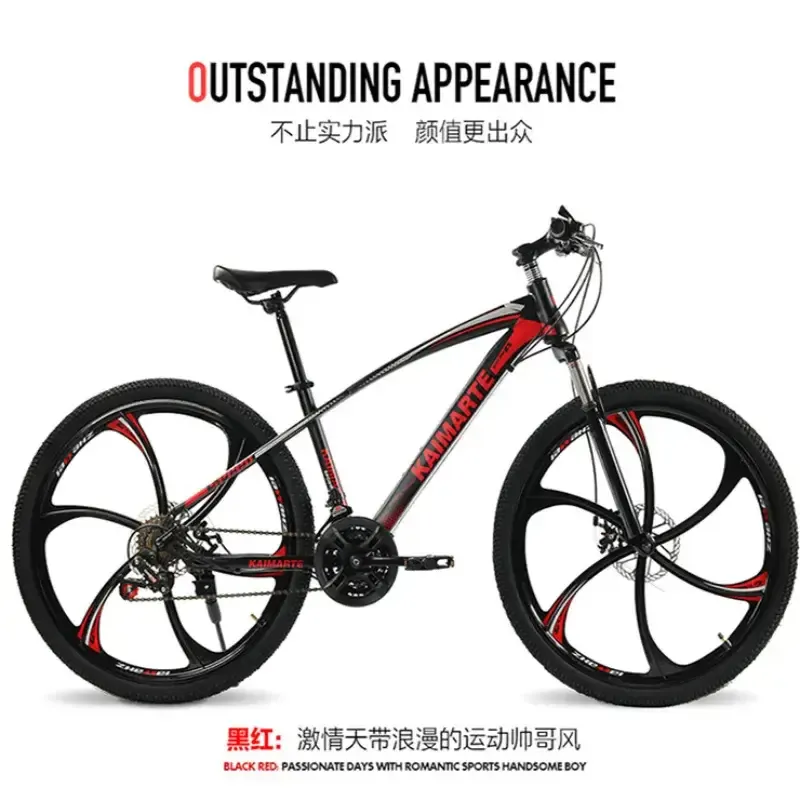
- Afrikaans
- Albanian
- Amharic
- Arabic
- Armenian
- Azerbaijani
- Basque
- Belarusian
- Bengali
- Bosnian
- Bulgarian
- Catalan
- Cebuano
- Corsican
- Croatian
- Czech
- Danish
- Dutch
- English
- Esperanto
- Estonian
- Finnish
- French
- Frisian
- Galician
- Georgian
- German
- Greek
- Gujarati
- Haitian Creole
- hausa
- hawaiian
- Hebrew
- Hindi
- Miao
- Hungarian
- Icelandic
- igbo
- Indonesian
- irish
- Italian
- Japanese
- Javanese
- Kannada
- kazakh
- Khmer
- Rwandese
- Korean
- Kurdish
- Kyrgyz
- Lao
- Latin
- Latvian
- Lithuanian
- Luxembourgish
- Macedonian
- Malgashi
- Malay
- Malayalam
- Maltese
- Maori
- Marathi
- Mongolian
- Myanmar
- Nepali
- Norwegian
- Norwegian
- Occitan
- Pashto
- Persian
- Polish
- Portuguese
- Punjabi
- Romanian
- Russian
- Samoan
- Scottish Gaelic
- Serbian
- Sesotho
- Shona
- Sindhi
- Sinhala
- Slovak
- Slovenian
- Somali
- Spanish
- Sundanese
- Swahili
- Swedish
- Tagalog
- Tajik
- Tamil
- Tatar
- Telugu
- Thai
- Turkish
- Turkmen
- Ukrainian
- Urdu
- Uighur
- Uzbek
- Vietnamese
- Welsh
- Bantu
- Yiddish
- Yoruba
- Zulu
Nov . 05, 2024 23:06 Back to list
Exploring the Benefits and Trends of Electric Bicycles in Today's Urban Lifestyle
The Rise of E-Bikes Revolutionizing Urban Mobility
In recent years, electric bicycles, commonly known as e-bikes, have surged in popularity as cities around the world rethink transportation solutions. With benefits ranging from environmental sustainability to improved personal health, e-bikes represent a modern response to many pressing urban challenges.
E-bikes are essentially bicycles equipped with an electric motor that assists with pedaling. This feature not only makes cycling accessible to a broader demographic, including those who may not be physically capable of riding traditional bikes, but it also eliminates some of the barriers associated with commuting over long distances or hilly terrain. Thanks to the electric motor, riders can conserve energy while still enjoying the freedom and flexibility of biking.
.
Health benefits also play a crucial role in the e-bike's appeal. While the electric motor provides support, riders still engage in physical activity, promoting cardiovascular fitness and overall well-being. Many users report feeling invigorated and energized after cycling, and studies have shown that regular e-bike use can lead to increased physical activity compared to traditional commuting methods. Furthermore, the low-impact nature of e-biking makes it a suitable option for people of all ages, including those recovering from injuries or managing chronic health conditions.
ebikes

The rise in e-bike popularity can also be attributed to technological advancements. Modern e-bikes are equipped with features such as smartphone connectivity, GPS navigation, and customizable assist levels, enhancing the user experience. Leasing or renting e-bikes has become increasingly convenient due to the growth of bike-sharing programs in urban centers, making them an accessible option for tourists and locals alike.
However, the rapid rise of e-bikes comes with challenges that need to be addressed. Safety is a significant concern, as e-bikes can reach higher speeds than traditional bicycles. Many cities need to develop clearer regulations and infrastructure to protect both e-bikers and pedestrians. Installing dedicated bike lanes, improving signage, and enhancing public awareness about e-bike usage can help foster a safer environment.
Moreover, with the increase in demand for e-bikes, manufacturers must ensure responsible production practices. Sustainable sourcing of materials and creating durable products will be key to ensuring that e-bikes remain an eco-friendly solution in the long term.
As we move further into the 21st century, e-bikes are poised to play a crucial role in shaping the future of urban transportation. By bridging the gap between traditional cycling and motorized transportation, these vehicles offer a versatile, efficient, and environmentally-friendly solution to the challenges posed by modern urbanization.
In conclusion, the e-bike revolution is not just about a new mode of transport; it symbolizes a shift towards more sustainable and healthier living. As cities continue to evolve, embracing e-bikes can lead to better air quality, increased physical activity, and a more connected community. The future of urban mobility is indeed electric, and e-bikes are at the forefront of this transformative journey.
-
The Ultimate Kids' Four-Wheeler Experience
NewsJul.09,2025
-
The Ultimate Guide to Mountain Bikes: Gear Up for Your Ride
NewsJul.09,2025
-
The New Age of Cycling: Electric Bikes for Every Rider
NewsJul.09,2025
-
The Best Kids Bicycles: Ride in Style and Safety
NewsJul.09,2025
-
The Best 3-Wheel Scooters for Kids: Fun, Safety, and Adventure
NewsJul.09,2025
-
Revolutionize Your Ride: Affordable Electric Bikes
NewsJul.09,2025
-
Finding the Perfect Mountain Bike for Every Rider
NewsJul.09,2025



